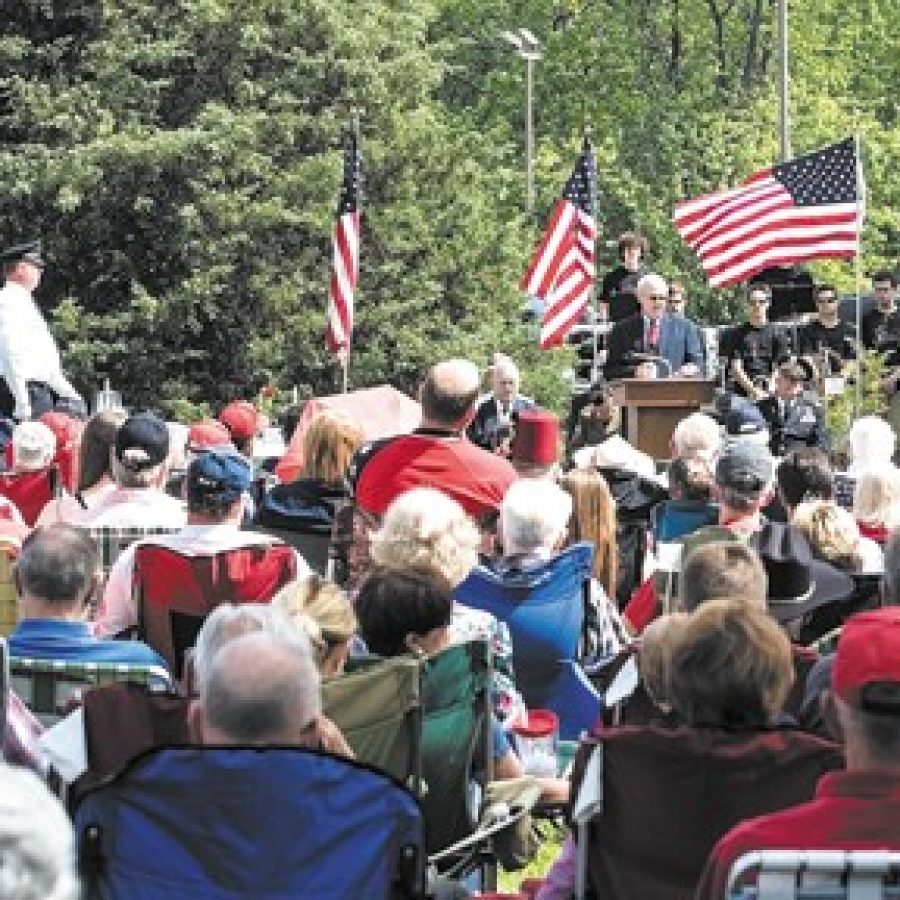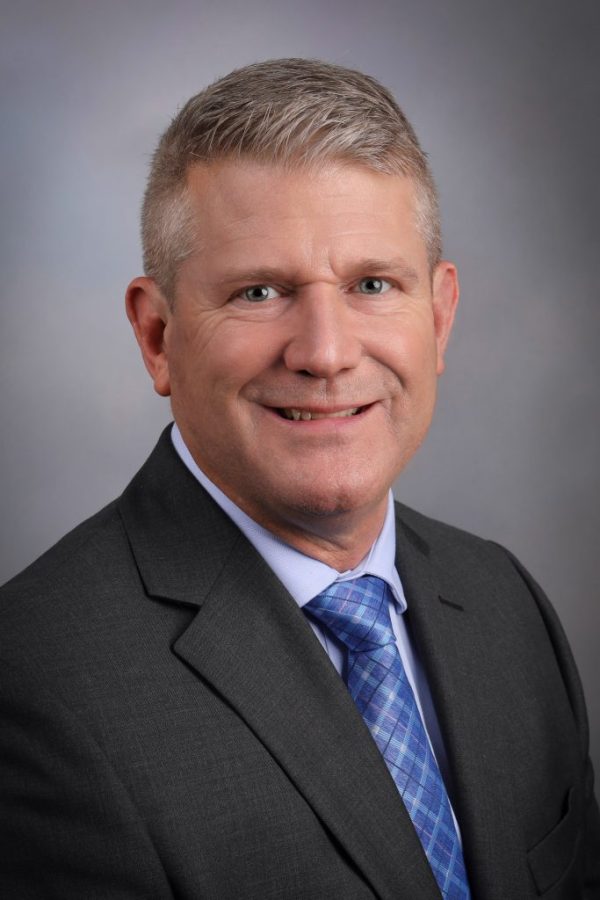The monthly stormwater charge the Metropolitan St. Louis Sewer District bills property owners is invalid and violates state law, a Lincoln County judge has ruled.
Circuit Judge Dan Dildine recently ruled that MSD’s stormwater charge is a “tax” that violates the Missouri Constitution’s Hancock Amendment because district voters did not approve it.
The decision came nearly two years to the day after Chesterfield resident William Zweig filed a class-action lawsuit against the sewer district.
Zweig wants the court to halt collection of the stormwater charge and order MSD refund the money it has collected.
However, Dildine did not order MSD to stop collecting the charge or to issue any refunds. Those issues will be handled at a second phase of the trial, which had not been scheduled at press time.
Before early 2008, stormwater services were funded by a 24-cent monthly charge on each MSD bill and through additional property taxes of up to 10 cents per $100 of assessed valuation. Then, beginning March 1, 2008, MSD began charging all customers a “user fee” of 12 cents per 100 square feet of impervious area while repealing its flat 24-cent charge and reducing its property tax rate to zero. The district did not seek voter approval. Impervious area is a non-absorbent surface, such as a driveway, roof, garage or parking lot.
The stormwater charge increased to 14 cents on Jan. 1, 2009, and was expected to cap at 29 cents by 2014. MSD generated roughly $41 million during fiscal 2009 with its new stormwater fee structure — almost doubling what it received under the old program. The agency’s current budget projects the charge to generate roughly $48 million by the end of fiscal year 2011.
But in a July 9 ruling, Dildine stated MSD’s stormwater charge “has all the badges of a tax” because it failed a state Supreme Court test to determine whether a revenue-generating mechanism complies with the Hancock Amendment.
“A ‘tax’ as the term is commonly used, is a public burden imposed generally on the inhabitants of a whole state, or upon some civil division therefore, for governmental purposes, without reference to peculiar benefits to particular individuals or properties,” Dildine wrote. “By its own admission, 50 (percent) of the stormwater services provided by MSD are ‘general benefits’ to all district residents.
“The public education, the permitting, the monitoring of the waterways as part of a plan to improve water quality — those are all services that are enjoyed equally by district residents — and if not enjoyed equally, their enjoyment is not determined by the amount of impervious area one resident has (versus) another. This demonstrates that the stormwater user charge is a tax — not a ‘user fee.'”
When it began imposing the new charge, “MSD offered no new services,” Dildine wrote, “just a new way to charge for the services, and charge significantly more for those services, without putting the rate increase to the vote of the people. This is the type of tax increase disguised as a ‘user fee’ that was the target of the Hancock Amendment … Further supporting this conclusion is the fact that nonpayment of the stormwater user charge triggers a lien on an individual’s property.”
MSD said in a statement the ruling means “funding is no longer available for storm-water services in our St. Louis community.”
“This means that MSD will no longer be able to build and replace stormwater infrastructure, maintain and repair stormwater sewers, and respond to customers’ stormwater complaints — just a few of the stormwater services that MSD provides customers throughout its service area,” the district stated. “MSD has not yet determined what its course of action will be in terms of appealing the decision or finding a means to replace the stormwater funding.
“These issues will be addressed once the decision has been reviewed.”








